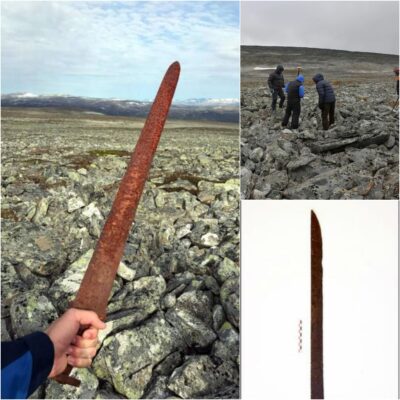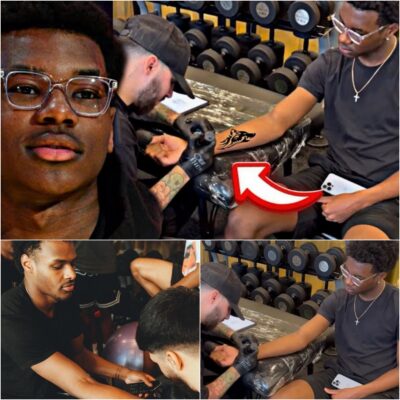According to information from the Los Angeles Times (LAT) and Washington Post (WP) published in the middle of the week, Native Americans are condemning the second part of Avatar for glorifying and romanticizing white colonialism, which caused it. much suffering for them in the past.
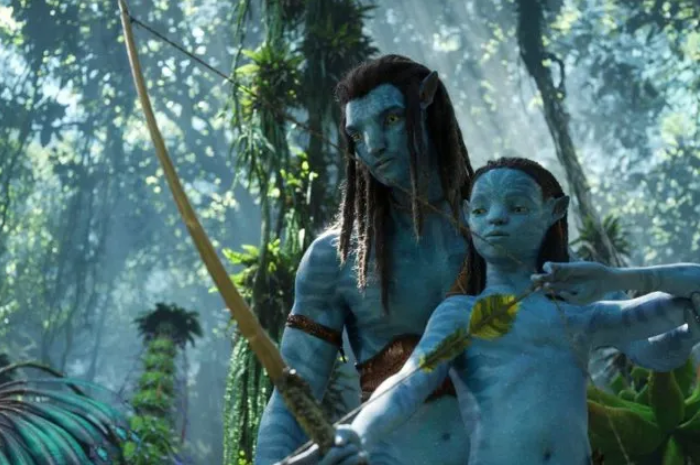
Yuè Begay, a Navajo artist and co-chair of an indigenous activist group based in Los Angeles, called for a boycott of the film on Twitter. According to her, Avatar: The Way of Water has appropriated their culture “in a harmful way to satisfy some white people’s savior guilt.”
By cultural appropriation, Yuè Begay is referring to an act in which one group of people has borrowed another group’s culture without understanding it. On the other hand, “white savior complex” refers to the idea that white people are always the ones who save indigenous peoples and solve their crises.
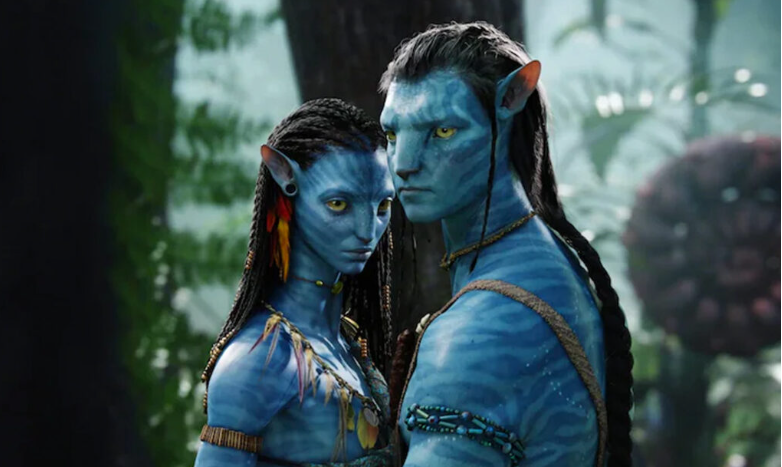
In the first Avatar movie , a conflict between the Na’vi (aborigines on the planet Pandora) and the Earthlings wanted to invade the planet. Here, the main character Jake Sully, a former white navy soldier, helps the Na’vi and eventually becomes a member of the natives. A similar conflict is also depicted in the second film.
Back in a 2012 interview, director James Cameron, who created the Avatar series , described the first film as “a sci-fi retelling of the history of North and South America in the early days of the world. colony”. At the same time, he compared the Earthlings in Avatar to “military invaders from Europe” and the Na’vi to the “indigenous peoples”.
Some Native American activists and Native Americans have begun a boycott campaign, urging people not to go to theaters to see Avatar: The Way of Water .
According to information from the Los Angeles Times (LAT) and Washington Post (WP) published in the middle of the week, Native Americans are condemning the second part of Avatar for glorifying and romanticizing white colonialism, which caused it. much suffering for them in the past.

Yuè Begay, a Navajo artist and co-chair of an indigenous activist group based in Los Angeles, called for a boycott of the film on Twitter. According to her, Avatar: The Way of Water has appropriated their culture “in a harmful way to satisfy some white people’s savior guilt.”
By cultural appropriation, Yuè Begay is referring to an act in which one group of people has borrowed another group’s culture without understanding it. On the other hand, “white savior complex” refers to the idea that white people are always the ones who save indigenous peoples and solve their crises.

In the first Avatar movie , a conflict between the Na’vi (aborigines on the planet Pandora) and the Earthlings wanted to invade the planet. Here, the main character Jake Sully, a former white navy soldier, helps the Na’vi and eventually becomes a member of the natives. A similar conflict is also depicted in the second film.
Back in a 2012 interview, director James Cameron, who created the Avatar series , described the first film as “a sci-fi retelling of the history of North and South America in the early days of the world. colony”. At the same time, he compared the Earthlings in Avatar to “military invaders from Europe” and the Na’vi to the “indigenous peoples”.
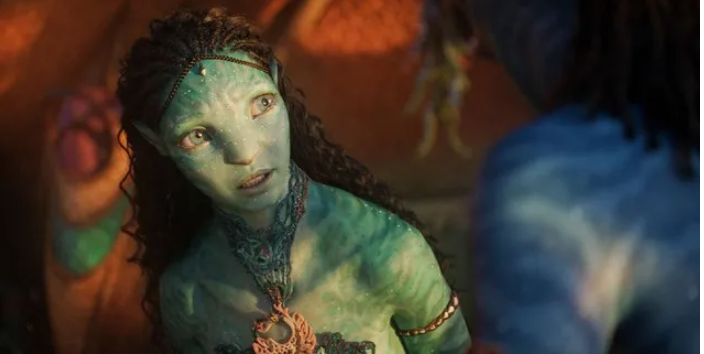
Brett Chapman, a Native American civil rights attorney, agreed with an opinion that called Avatar: The Way of Water a “dirty money robbery” and said Avatar was “a story about a human savior. White skin”.
Some indigenous people even think that Avatar: The Way of Water interpreted the typical characteristics of North American Indians and New Zealand indigenous Maori people from the perspective of white people and then synthesized them into their culture. the Na’vi in the film. This has highlighted stereotypes about indigenous peoples.
In particular, these people mentioned that it was inappropriate for a white man to “turn indigenous” like Jake Sully, let alone become the leader of the Na’vi. The film also turns the “ta moko,” a culturally significant tattoo for the Maori, into meaningless aesthetic details.
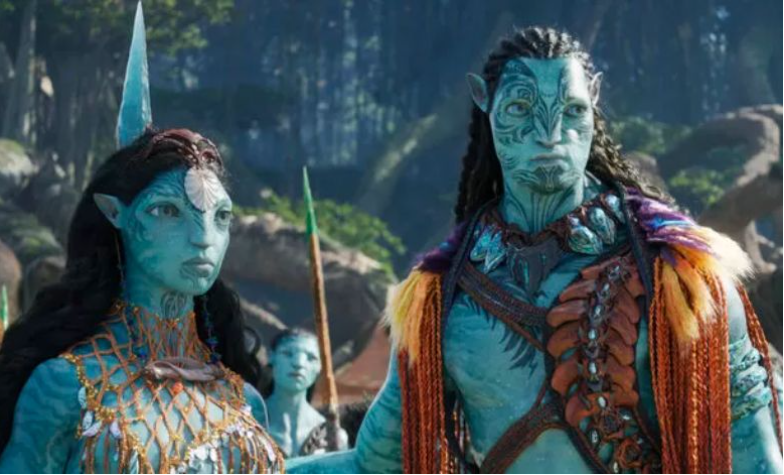
“I was tired of hearing indigenous stories from a white perspective,” said Autumn Asher BlackDeer, a professor with indigenous backgrounds. “We don’t need big-budget Hollywood movies,” he added. We can tell our own stories.”
